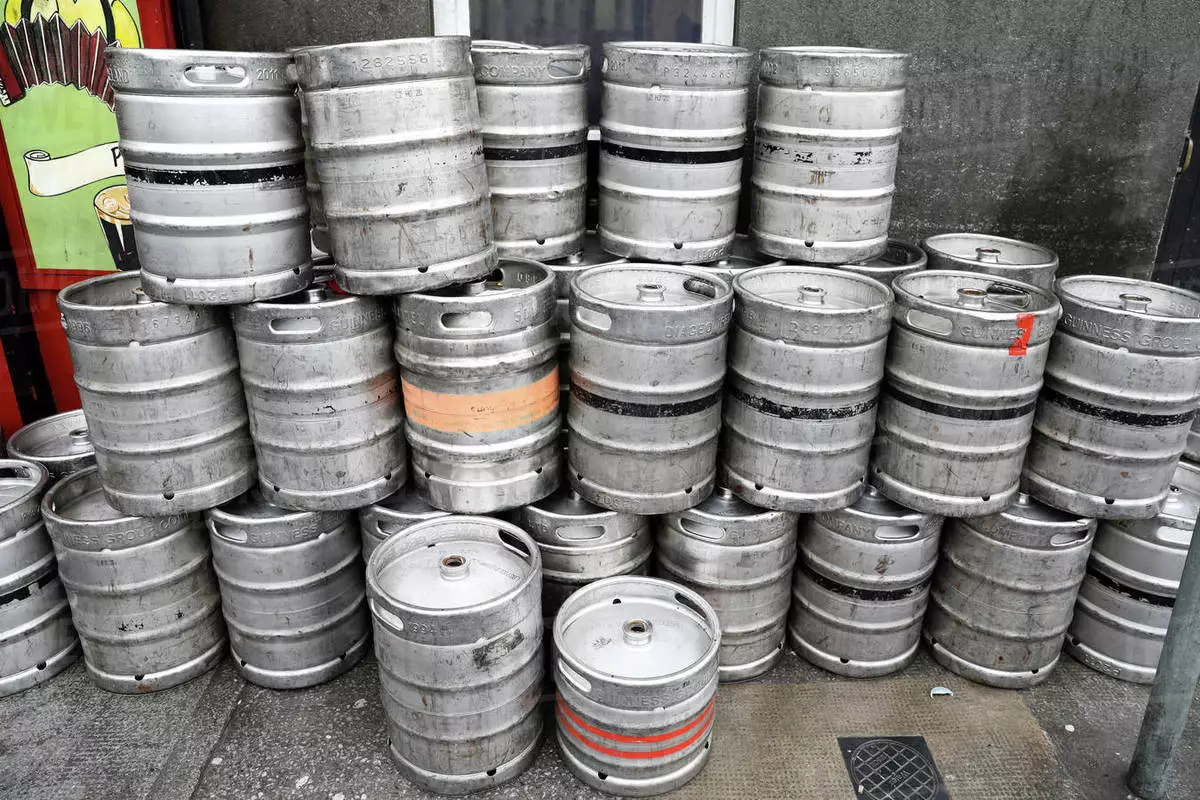27 October 2021 - 3 min read
Duty Changes in Autumn Budget 2021 - BrewMan
Updated: 7 December 2022
Rishi Sunak’s Autumn Budget 2021 announced major reforms to the Alcohol Duty system that will come into effect in February 2023 - with the finer details subject to consultation.
The key takeaways for alcohol producers are:
- Rate Simplification - The number of rates will reduce from 15 to 6 and move towards duty being based more on alcohol percentage than the type of alcohol.
- Sparkling Wine - this will no longer exist as a separate duty category and will be taxed the same as Still Wine.
- Small Producer Relief - based on Small Brewers Relief, this will be introduced to provide duty relief for small producers of alcohol below 8.5% ABV, particularly cider makers.
- Administration - registering to pay will be made simpler and reduce the amount of paperwork required.
- Draught Relief - Duty will be cut by 5% on beer and cider in containers of above 40L.
The BrewMan development team will implement all changes to the duty system in BrewMan before the changes are due in February 2023. BrewMan will continue to calculate how much duty you owe, allowing alcohol producers to keep making great products, not working out new tax systems.

You can find a link to Rishi Sunak's explanantion on twitter here.
Full detail:
The new alcohol duty system consultation can be found on the government website: Alcohol Duty Consultation,
As can the full documentation for the Autum Budget.
The relevant text from the budget is this section below:
Alcohol duty reform
2.178 Now that the UK is free to set its own law in this area, the government is reforming alcohol duties to best suit national priorities. The alcohol duty regime will undergo a major simplification, overhauling an outdated system full of historical anomalies, making the regime fairer and more conducive to product innovation in response to evolving consumer tastes.
2.179 The government will radically simplify the duty system, reducing the number of main rates from 15 to 6, and taxing all products in proportion to their alcohol content, enabling businesses to bring new products to market with fewer tax complications. All tax categories (e.g. beer, wine) will move to a standardised set of bands, with rates for products between 1.2-3.4% alcohol by volume (ABV), 3.5-8.4% ABV, 8.5-22% ABV, and above 22% ABV. Above 8.5% ABV, all products across all categories will pay the same rate of duty if they have the same proportion of alcohol content. The government will also simplify the way businesses register and pay for duty, ending the practice where individual products have different administrative rules.
2.180 Alcohol will be taxed in a progressive manner, ensuring higher strength products incur proportionately more duty, addressing the problem of harmful high-strength products being sold too cheaply. The government will introduce new rates for low strength drinks below 3.5% ABV to encourage manufacturers to develop new products at lower ABVs, giving consumers greater choice and greater options to drink responsibly. These rates will also be the same for all product categories.
2.181 The government will also introduce a new small producer relief, building on the success of the Small Brewers Relief, for cidermakers and other producers of lower ABV drinks. This will allow small producers to diversify their product range to other products below 8.5% ABV while still benefitting from reduced rates.
2.182 To recognise the importance of pubs, and support responsible drinking, the government will cut duty rates on draught beer and cider by 5%, taking 3p off a pint. This is the biggest beer duty cut for 50 years and the biggest cut to cider duty since 1923.84 In addition, the duty rates on beer, cider, wine and spirits will be frozen for another year, saving consumers £3 billion over the next five years, and providing further support to the hospitality industry and its suppliers as they recover from the pandemic.